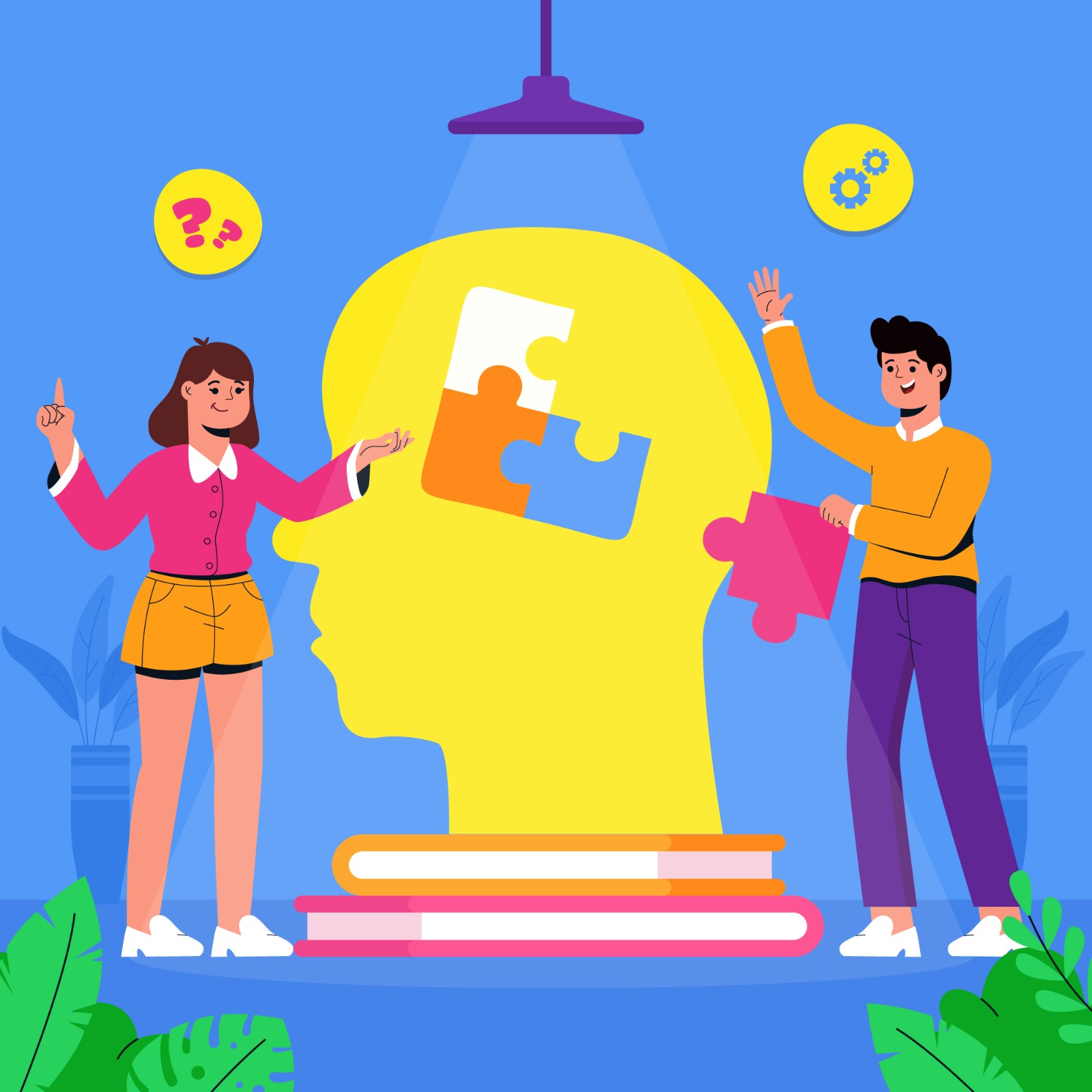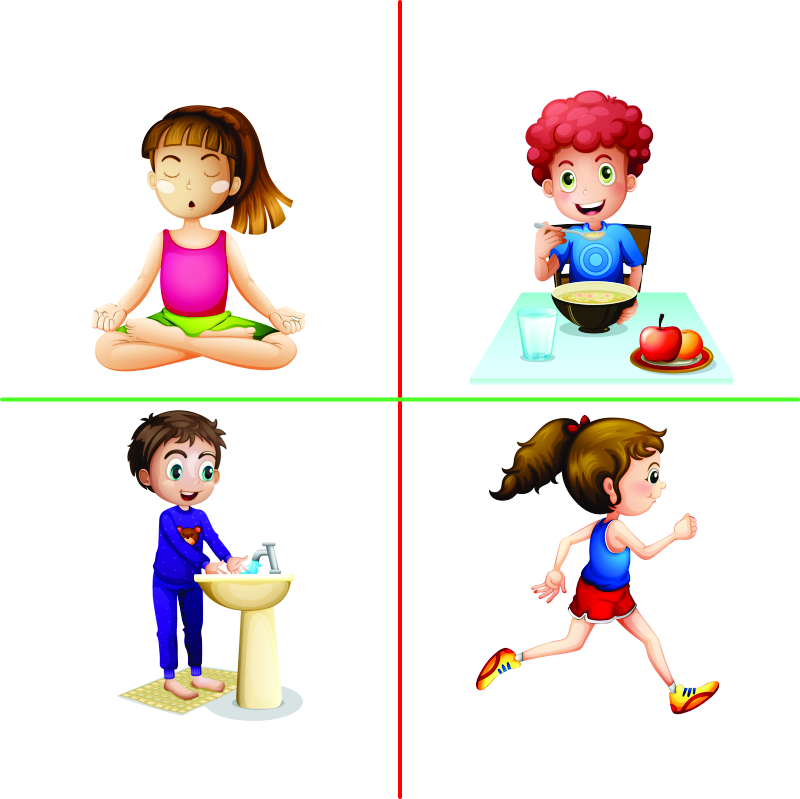Hey Amazing Learners! Have you ever thought of your brain as a superhero muscle? Every time you try something new—even if it feels tricky—you’re actually strengthening it. That’s the magic of a growth mind-set! It’s not about being ‘born smart,’ it’s about becoming smarter through effort and resilience. Children who develop this mind-set turn into problem-solvers who see challenges as opportunities, not obstacles.
In today’s fast-changing world, knowledge alone is not enough. What truly makes students shine is their approach to learning. A growth mind-set teaches them to embrace challenges, stay motivated and see mistakes as lessons. This outlook doesn’t just improve grades—it builds resilience, creativity and lifelong curiosity. With this mind-set, students prepare not only for exams, but also for life.
The benefits are many. Students who believe in growth enjoy learning more because they don’t fear mistakes; instead, they push themselves to attempt harder tasks. Failures become stepping stones, helping them bounce back stronger each time. Their confidence grows as they begin to trust their own effort and ability to improve, which makes them more willing to explore new ideas. Along with academics, they also develop patience, empathy and emotional intelligence, qualities that shape them into well-rounded individuals.
Teachers and parents play a vital role in nurturing this mind-set. When adults share their own struggles and learning journeys, students realize that persistence is the real key to success. Praising effort and strategies rather than just results shifts the focus from talent to growth, turning “You’re so smart” into “I like how you worked on that problem.” Even a small word like yet can be powerful. If a child says, “I can’t do this,” guiding them to say, “I can’t do this… yet,” reminds them that learning is a journey and not a destination. Activities such as Mistake-of-the-Week sharing, Goal Journals, or Effort Walls encourage reflection and help children celebrate progress. Cooperative learning strategies, where students think and solve together, also build collaboration, empathy and deeper understanding.
A growth mind-set is not just about academics—it is about shaping a positive outlook toward life itself. When students learn to value effort and treat mistakes as teachers, they unlock their inner potential. With the right guidance at home and school, they can grow into confident, resilient and compassionate individuals ready for the future.
So, the next time you face a tough math problem, a tricky sports skill, or even a new hobby—don’t say, “I can’t do this.” Say, “I can’t do this… yet!” Because every challenge is simply your brain getting stronger.









.jpg)









